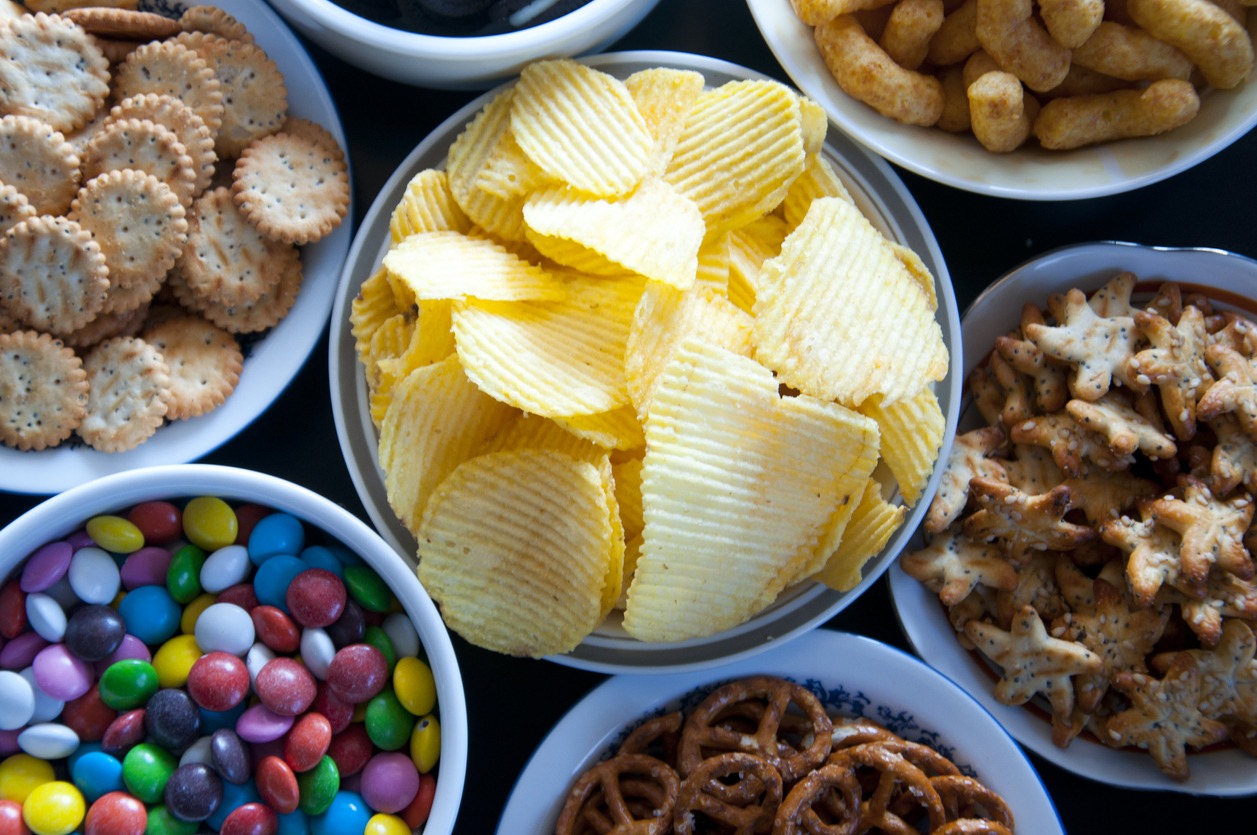In today’s fast-paced world, it’s easy to rely on processed foods for convenience and speed. However, the long-term health consequences of consuming processed foods can be severe, including an increased risk of obesity, diabetes, and heart disease. As such, it’s important to prioritize whole, nutrient-rich foods in your diet and eliminate processed foods as much as possible. But how can you achieve this without feeling overwhelmed or deprived? In this blog post, we’ll provide practical tips for reducing your intake of processed foods and making healthier choices.
By implementing these tips, you’ll not only improve your overall health, but also gain a greater appreciation for the taste and quality of whole foods. Whether you’re looking to make a complete dietary overhaul or simply reduce your processed food intake, this guide is the perfect starting point.
Processed Foods and Why They are Not Good for the Health
Processed foods are a category of food products that undergo several stages of mechanical and chemical processing before they are ready for consumption. These foods are typically high in calories, added sugar, salt, and unhealthy fats, and low in essential nutrients such as fiber, vitamins, and minerals.
The extensive processing and manipulation of these foods strip them of their natural nutrients and fiber, and they often contain a variety of artificial additives and preservatives that can be harmful to our health in the long term.
Consumption of processed foods has been linked to obesity, type 2 diabetes, heart disease, and other chronic health conditions. As such, it is recommended to limit the intake of processed foods in our diet and opt for whole, fresh, and unprocessed foods instead.
Tips for Eliminating Processed Foods from Your Diet
Read Food Labels
One of the first steps towards eliminating processed foods from your diet is to read food labels carefully. This means looking for ingredients that are unfamiliar or difficult to pronounce, as these are often indicators of processed foods.
Be wary of foods that contain high levels of added sugars, sodium, and unhealthy fats. Instead, opt for whole, unprocessed foods that are naturally nutrient-dense and provide your body with the fuel it needs to function optimally.
Cook at Home
Cooking at home is one of the most effective ways to control the ingredients in your meals and avoid processed foods. Begin by planning your meals ahead of time and shopping for fresh produce, whole grains, and lean meats.
Go for homemade sauces and dressings instead of store-bought ones that often contain preservatives and added sugars. Experiment with different cooking methods such as grilling, baking, and roasting to bring out the natural flavors of your ingredients.
Shop the Perimeter of the Grocery Store
If you’re looking to eliminate processed foods from your diet, one of the most effective tips is to shop the perimeter of the grocery store. This is because most of the processed foods are located in the center aisles, where you’ll find packaged snacks, canned goods, and frozen meals.
Most of the processed foods are located in the center aisles of grocery stores due to their convenience and longer shelf life. Processed foods are often packaged in boxes and cans, making them easier to store and transport. These foods often contain preservatives and other additives that help them last longer on the shelf. The center aisles also provide more space for larger, bulkier items like bags of chips and boxes of cereal.
By avoiding these areas and sticking to the outer edges of the store, you’ll be able to focus on fresh fruits and vegetables, whole grains, lean proteins, and other nutritious options.
Shop at the Local Market
Local markets often offer fresh, whole foods that are minimally processed and free from additives. You can find a variety of fruits, vegetables, whole grains, and lean proteins that are healthier alternatives to processed foods.
Shopping at your local market supports local farmers and helps reduce the carbon footprint associated with long-distance food transportation. Locally-sourced produce makes the transport time of food from farm to table shorter, hence you get to enjoy your meals fresher and more flavorful compared to getting them from the grocery either as frozen or processed items.
Choose Whole Foods
Choosing whole foods can have a significant impact on your overall health and wellbeing. Whole foods refer to foods that are in their natural state and have not undergone any processing or refining. These foods are nutrient-dense and provide a host of essential vitamins, minerals and antioxidants that are beneficial for both the body and mind. Consuming whole foods can help you avoid processed foods which are typically high in sugar, unhealthy fats and additives that can be harmful to your health.
Limit Processed Snacks
Limiting processed snacks is crucial for maintaining a healthy diet and preventing chronic diseases. Processed snacks are often high in refined sugar, saturated fat, and sodium, which can lead to weight gain, high blood pressure, and other health issues.
To choose healthier snack options, it’s important to read nutrition labels and opt for snacks that are low in added sugars and saturated fats. Fresh fruit, vegetables, nuts, and seeds make great snacking options that are rich in essential nutrients and fiber.
Preparing homemade snacks such as hummus or granola bars can be a healthier and more economical alternative to store-bought processed snacks. Homemade snacks can be easily customized to include only the ingredients that are preferred, and can be made in larger batches for a more cost-effective solution.
Homemade snacks can be free of added preservatives, excess sodium, and artificial ingredients often found in store-bought snacks.
Conclusion
Based on the tips mentioned above, reducing processed foods in our diets is crucial for improving our overall health and well-being. Processed foods are often high in unhealthy fats, sodium, and added sugars, which can lead to a higher risk of obesity, heart disease, and other chronic illnesses.
To limit our intake of processed foods, we can start by reading food labels and choosing whole, unprocessed foods whenever possible. Incorporating more fruits, vegetables, lean proteins, and whole grains into our diets can also help us to feel more satisfied and energized.




